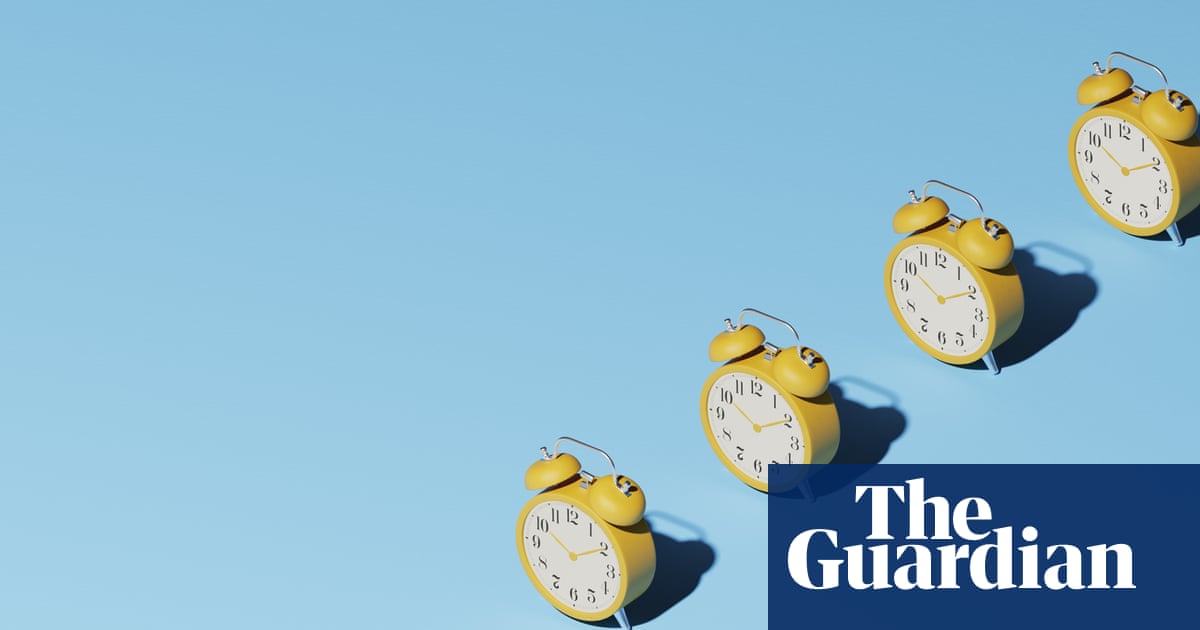
"What matters most to our long-term health is aligning our societal clocks with human biology, says Dr Natalie Dautovich, senior research fellow at the National Sleep Foundation (NSF), and associate professor at Virginia Commonwealth University. Standard time best matches our natural circadian rhythms and the sun's timing. A number of professional medical organizations, including the NSF, the American Academy of Sleep Medicine (AASM) and the British Sleep Society (BSS) have all advocated for permanent standard time."
"Only about a third of countries practice the biannual time shift, most of them in Europe and North America. And it's not wildly popular in those countries. A 2025 Gallup poll found that 54% of Americans say they're ready to scrap the practice, and a 2025 survey by Travelodge found 57% of Brits are ready to get rid of it as well."
Daylight saving time (DST) began in Germany during the first world war as an energy-saving measure by extending evening daylight to reduce coal use. About a third of countries currently observe biannual clock shifts, mainly in Europe and North America. Public opinion in the US and UK leans toward ending DST, with polls showing roughly half favoring repeal and divided preferences between permanent standard time and permanent summer time. Aligning societal clocks with human biology supports long-term health; standard time best matches natural circadian rhythms and the sun's timing. Several professional medical organizations advocate for permanent standard time.
Read at www.theguardian.com
Unable to calculate read time
Collection
[
|
...
]